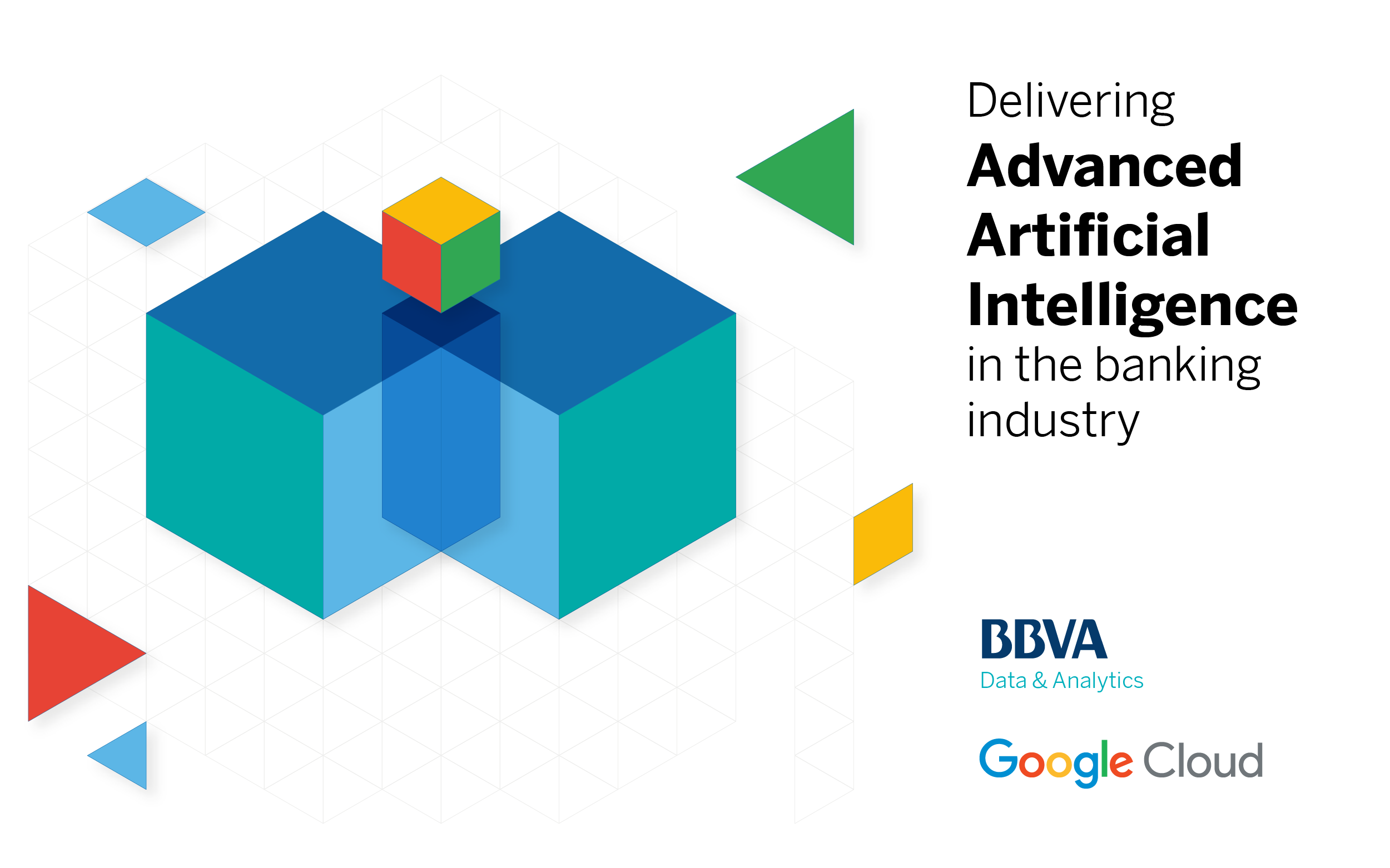
BBVA Data & Analytics have just published a white paper in partnership with Google Cloud that showcases an end-to-end solution to deploy to production a Deep Learning model for time series forecasting. The model incorporates uncertainty of the predictions, which, we believe will have a powerful impact on improving the customer experience of products such as BBVA’s expected expense tracker and budgeting tools. The white paper points out the four pillars to successfully deploy Artificial Intelligence in the industry:

Some of the takeaways of this work are:
- Incorporating uncertainty into a forecasting tool contribute to reinforcing trust in the output offered.
- Deep Learning is a powerful tool when it comes to predicting time series and leveraging historical data to improve the accuracy of the model.
- Google Cloud helps to deploy to production, protecting sensitive data and taking advantage of a powerful infrastructure.
- We are exploring ways to implement solutions to avoid data leakage inferred from model’s output from massive queries by deploying surrogate models that can be disclosed.
- Our privacy-protection proposal would allow measuring the level of interpretability of a model, thus mitigating the impact of black-box approaches in fairness, inclusion, and auditing.
Moreover, the team has explored several technical scenarios to deliver Artificial Intelligence. Depending on the use case characteristics, one of the following scenarios can be taking into account:

For more scientist/technical information we recommend you to contact our Industrial Ph.D. candidates Axel Brando and Irene Unceta.
